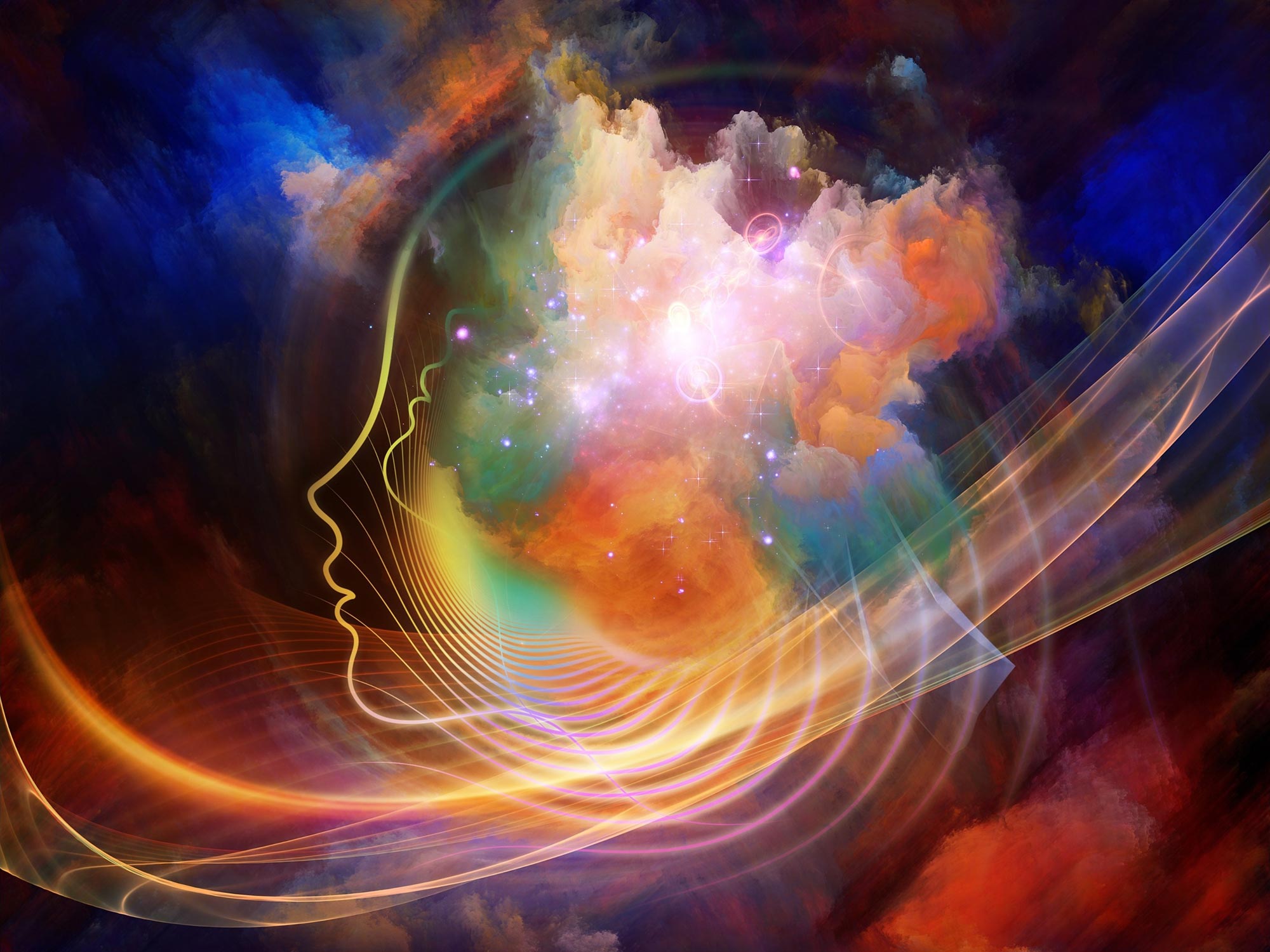[ad_1]

A latest examine provides a brand new principle for consciousness.
In line with a brand new principle, selections are fashioned unconsciously and grow to be acutely aware round half a second later.
Consciousness is your consciousness of your self and your environment. This consciousness is exclusive to you and subjective.
A brand new principle of consciousness has been developed by a researcher at Boston University’s Chobanian & Avedisian College of Medication, describing why it developed, what it’s helpful for, which problems affect it, and why it’s so troublesome to food plan and resist different urges.
“In a nutshell, our principle is that consciousness developed as a reminiscence system that’s utilized by our unconscious mind to assist us flexibly and creatively think about the longer term and plan accordingly,” defined corresponding writer Andrew Budson, MD, professor of neurology. “What is totally new about this principle is that it suggests we don’t understand the world, make choices, or carry out actions instantly. As a substitute, we do all this stuff unconsciously after which—about half a second later—consciously keep in mind doing them.”
With a view to clarify a variety of phenomena that would not be readily defined by earlier theories of consciousness, Budson defined that he and his co-authors, psychologist Elizabeth Kensinger, Ph.D., from Boston College, and thinker Kenneth Richman, Ph.D., on the Massachusetts Faculty of Pharmacy and Well being Sciences, developed this principle.
“We knew that acutely aware processes have been just too sluggish to be actively concerned in music, sports activities, and different actions the place split-second reflexes are required. But when consciousness is just not concerned in such processes, then a greater clarification of what consciousness does was wanted,” stated Budson, who is also Chief of Cognitive & Behavioral Neurology, Affiliate Chief of Workers for Schooling, and Director of the Middle for Translational Cognitive Neuroscience on the Veterans Affairs (VA) Boston Healthcare System.
This principle, in accordance with the researchers, is vital as a result of it clarifies how all of our selections and actions—which we mistakenly imagine have been made consciously—are literally made unconsciously. Due to this fact, since our acutely aware thoughts is just not answerable for our actions, we could inform ourselves that we’re simply going to have one scoop of ice cream after which, the subsequent factor we all know, the container is empty.
“Even our ideas usually are not typically below our acutely aware management. This lack of management is why we could have problem stopping a stream of ideas operating via our head as we’re making an attempt to fall asleep, and in addition why mindfulness is difficult,” provides Budson.
Budson and his coauthors think about a variety of neurologic, psychiatric, and developmental problems to be problems of consciousness together with Alzheimer’s disease and other dementias, delirium, migraine, schizophrenia, dissociative identity disorder, certain types of autism, and more.
Lastly, their paper provides a roadmap as to how clinicians, educators, and individuals can best improve behavior and gain knowledge, by using clinical and teaching methods that can be effective in shaping both the conscious mind and the unconscious brain. With further exploration, this work may allow patients to improve problem behaviors such as overeating, help us understand the ways in which brain structures support memory, and even provide insight into philosophical issues around free will and moral responsibility.
Reference: “Consciousness as a Memory System” by Andrew E. Budson, MD, Kenneth A. Richman, Ph.D., Elizabeth A. Kensinger, Ph.D., 3 October 2022, Cognitive and Behavioral Neurology.
DOI: 10.1097/WNN.0000000000000319
The study was funded by the National Science Foundation and the National Institutes of Health.
[ad_2]
Source link
